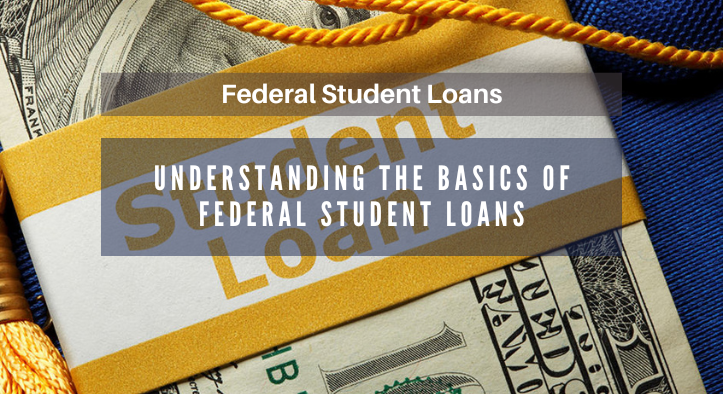The Pros and Cons of Consolidating Federal Student Loans

The Pros and Cons of Consolidating Federal Student Loans
Student loan debt is a major financial burden for many Americans. According to the Federal Reserve, student loan debt has reached an all-time high of $1.6 trillion. Consolidating federal student loans can be a great way to manage this debt and make repayment easier. However, it is important to understand the pros and cons of consolidating federal student loans before making a decision.
What is Student Loan Consolidation?
Student loan consolidation is the process of combining multiple student loans into one loan with a single monthly payment. This can be done through the federal government or through a private lender. Consolidating federal student loans through the government is known as a Direct Consolidation Loan.
Pros of Consolidating Federal Student Loans
- Lower Monthly Payments: Consolidating federal student loans can lower your monthly payments by extending the repayment period. This can make it easier to manage your student loan debt and free up more money for other expenses.
- Simplified Repayment: Consolidating federal student loans can make repayment easier by combining multiple loans into one loan with one monthly payment. This can help you keep track of your payments and avoid missing any payments.
- Potential Interest Rate Reduction: Consolidating federal student loans can potentially reduce your interest rate, which can save you money in the long run.
- Eligibility for Other Repayment Plans: Consolidating federal student loans can make you eligible for other repayment plans, such as income-driven repayment plans, which can lower your monthly payments even further.
Cons of Consolidating Federal Student Loans
- Loss of Benefits: Consolidating federal student loans can cause you to lose certain benefits, such as interest rate discounts and principal rebates.
- Longer Repayment Period: Consolidating federal student loans can extend the repayment period, which can result in more interest paid over the life of the loan.
- Potential Increase in Interest Rate: Consolidating federal student loans can potentially increase your interest rate, which can cost you more money in the long run.
- Fees: Consolidating federal student loans can come with fees, such as origination fees, which can add to the cost of the loan.
Conclusion
Consolidating federal student loans can be a great way to manage student loan debt and make repayment easier. However, it is important to understand the pros and cons of consolidating federal student loans before making a decision. Consolidating federal student loans can lower your monthly payments, simplify repayment, and potentially reduce your interest rate. However, it can also cause you to lose certain benefits, extend the repayment period, increase your interest rate, and come with fees. It is important to weigh the pros and cons carefully before deciding if consolidating federal student loans is the right choice for you.
